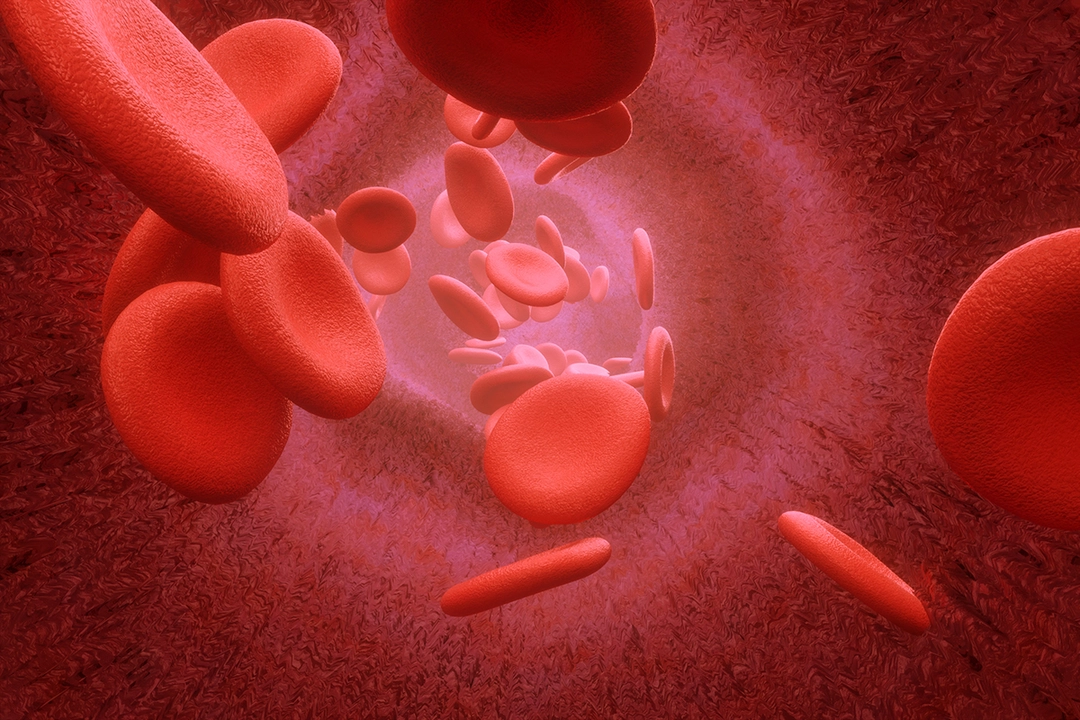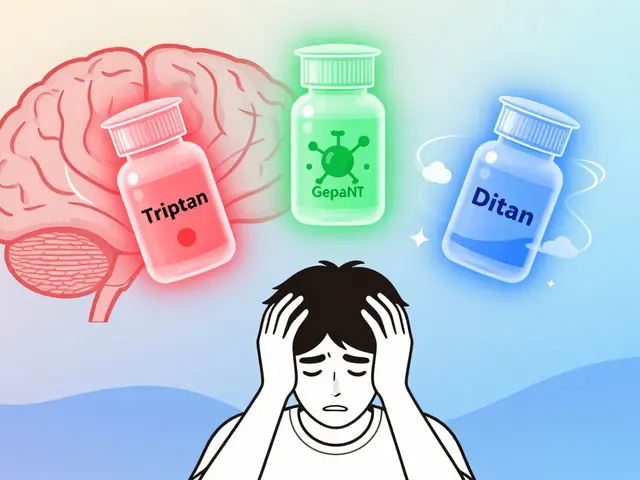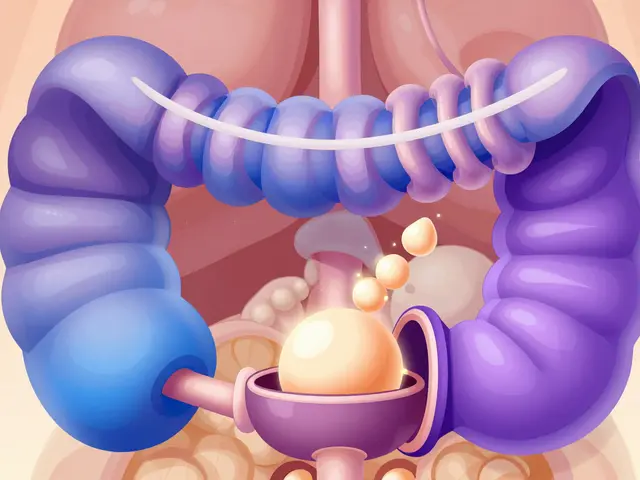Connection: How Meds, Conditions and Choices Link Together
You notice one thing — a pill, a symptom, or a news headline — and it turns out to be tied to something else. That chain of cause and effect is what this tag collects: posts showing clear links between drugs, conditions, behavior and the environment. Read these pieces to see practical examples and learn what to check next.
We cover real connections, not vague theories. Want to know how anxiety can drive addiction? There’s an article that explains triggers and coping steps. Wondering how climate change changes which fungal infections you might see? We have a clear breakdown of that link. Other posts show links between medication costs, online pharmacy safety, and the risks of buying from unknown sources.
Quick practical checks
When you read about a connection, run these checks before you act. First, check interactions: use an interaction checker or ask a pharmacist before combining medications. Second, verify the source: look for verified pharmacy credentials, clear contact details and secure payment methods when buying drugs online. Third, watch for linked symptoms: if a medicine affects electrolytes, monitor kidney function and potassium—small lab changes can matter.
Here are short, useful steps you can use today:
- Look up drug interactions on a trusted site or ask a pharmacist.
- Compare costs and look for coupons, but avoid deals that seem unreal.
- Track symptoms after starting a new med and report them promptly.
- For chronic conditions, read about alternatives before switching meds.
- Consider environment and lifestyle factors that could change disease risk.
Where to start on this tag
Start with a post that matches your situation. If you’re managing heart failure, read the piece on diuretics and kidney care to see how dosing and electrolytes connect. If you’re worried about online pharmacies, our safety guides break down how to spot legit sites and what to avoid. Curious about natural options? Check the plantain, arnica and wild thyme posts for clear, evidence-focused notes on benefits and limits.
This tag is practical. Each article links cause and effect so you can make safer choices: whether that means checking your INR on warfarin, asking about alternatives to a costly inhaler, or knowing why anxiety and substance use can feed each other. Use the search on this page to find specific links, and always run any treatment change past your prescriber or pharmacist.
If you want a quick read now, pick one article that matches your main concern and follow the "quick practical checks" above. These connections matter because noticing them early often prevents bigger problems later. Read, ask, and act — that’s how connections turn into useful answers, not surprises.
In my recent research, I came across an interesting connection between blood clots and autoimmune diseases. It seems that individuals with certain autoimmune conditions may be at an increased risk of developing blood clots. The reason for this link is due to inflammation and an overactive immune system, which can cause damage to blood vessels and lead to clot formation. It's essential for those with autoimmune diseases to be aware of this potential risk and take necessary precautions. Consult your healthcare professional for more information and personalized guidance on managing this risk.



